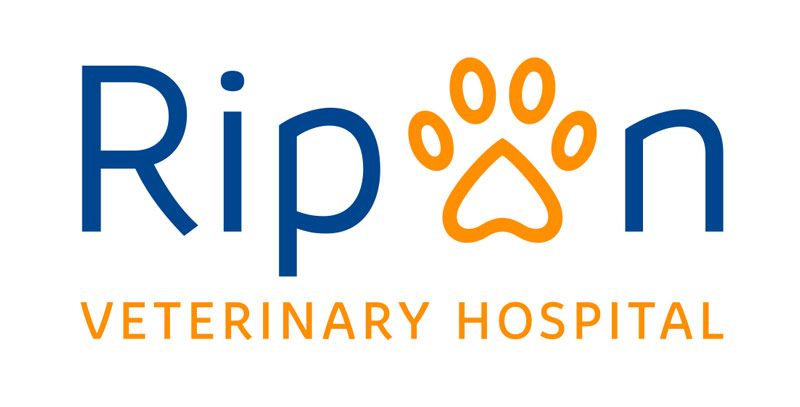Click HERE To Buy Zoloft Online ↓

Understanding Zoloft: What Is It and How It Works
Zoloft, also known by its generic name sertraline, is a commonly prescribed medication in the treatment of depression and anxiety. As a type of Happy Pill, it falls into the category of selective serotonin reuptake inhibitors (SSRIs), a class of drugs designed to increase serotonin levels in the brain, thereby enhancing mood and emotional stability. When a prescription, or script, is written for Zoloft, it's crucial to follow the sig closely to avoid complications.
It's important to understand how this medication functions at a biochemical level. When serotonin levels are boosted, the brain's communication system operates more effectively, aiding in mood stabilization. However, it's not a magic elixir; adherence to the prescribed regimen is essential for it to be effective—no shortcuts. The changes Zoloft brings about may not be noticeable until several weeks after starting the med.”
| Term | Explanation |
|---|---|
| SSRI | Selective Serotonin Reuptake Inhibitor |
| Serotonin | Neurotransmitter responsible for mood regulation |
| Zoloft | Brand name for sertraline |
Count and Pour the correct dosage into a vial and always consult with a healthcare professional to monitor progress and any potential side effects. Also, be cautious of the possibility of serotonin syndrome, a potentially life-threatening condition that can occur if Zoloft is combined with other medications that affect serotonin levels.
The Science Behind Zoloft: How Effective Is It for Teens?

Zoloft, also known as sertraline, is a popular script used to treat mental health conditions like depression and anxiety. Its effectiveness in teenagers lies in its ability to balance neurotransmitters in the brain, which are often linked to mood disturbances. Studies have shown that Zoloft can help reduce symptoms in teens, although results can vary. A Count and Pour approach of starting with a low dosage and gradually increasing it has been found beneficial to mitigate potential side effects. Balancing benefits with any adverse reactions is key for safe use.
Benefits of Zoloft for Teenagers’ Mental Health
One of the primary benefits of Zoloft for teens is its effectiveness in alleviating symptoms of depression and anxiety. This "happy pill" operates by balancing chemicals in the brain, which can dramatically improve mood and overall sense of well-being. For teenagers struggling with mental health, having a medication that can stat provide relief is crucial. Furthermore, the long-term benefits often include enhanced focus, better academic performance, and improved interpersonal relationships, helping teens navigate the challenging teenage years more seamlessly.
Potential Side Effects: What Parents Should Know

When considering Zoloft for teenagers, it’s crucial to understand the potential side effects, which parents should be well-informed about. Common side effects include nausea, sleepiness, and dry mouth, which can impact a teen's daily routine. More severe reactions like increased anxiety or mood swings might also occur. While these side effects can be alarming, they don't happen to everyone, and some only last during the begining of treatment.
Parents should also be on alert for any signs of adverse effects that require immediate medical attention, such as unusual bleeding, severe headache, or signs of an allergic reaction. It's essential to follow the prescribed Sig and communicate any concerns with a healthcare provider. By doing so, you can ensure that this medication helps your teen more than it hinders, allowing for the possibility of improved mental health without unnecessary complications.
Comparing Zoloft with Other Antidepressants for Teens
While Zoloft is a commonly prescribed antidepressant, it's essential to compare it with other options like Prozac and Lexapro for teenagers. These medications belong to the same class of drugs, known as selective serotonin reuptake inhibitors (SSRIs), but they can have different effects and side effects on teens. Prozac is often chosen for its energizing effect, making it suitable for teens who experience fatigue as a symptom of depression. Lexapro, on the other hand, is known for its relatively balanced profile but may cause fewer side effects.
Comparison of Antidepressants
| Medication | Benefits | Potential Side Effects |
|---|---|---|
| Zoloft | Effective for depression and anxiety | Nausea, sleep problems |
| Prozac | Energizing, long half-life | Insomnia, weight gain |
| Lexapro | Balanced effects, less likelihood of side effects | Headache, dizziness |
When making a decision, it's important to consult a healthcare provider, as they will consider your teen's unique needs and medical history. They will review the script and offer sig advice on the best course of action. Understanding these differences aids in making an informed decision about your teenager’s mental health management.
When to Consider Zoloft for Your Teenager
Deciding when to consider Zoloft for your teenager involves a multifaceted assessment. Typically, it’s considered when your teen has been diagnosed with depression or anxiety disorders and other interventions, such as talk therapy (CBT), have not yielded the desired results. If the teen experiences significant struggles in daily activities or troubling psych symptoms persist, Zoloft may offer a beneficial elixir of mental health. Do not rush the decision; always consult a healthcare provider to understand the nuances of this compound medication.
For more information, you can refer to: National Institute of Mental Health MedlinePlus
